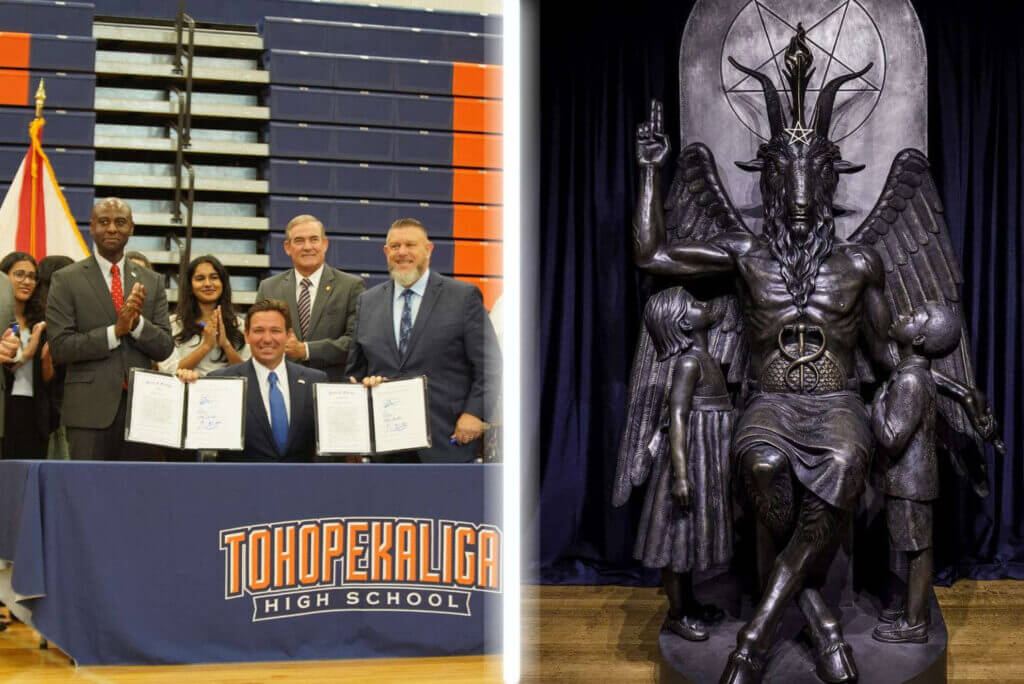The Supreme Court agreed on Monday to consider a Michigan law that bans affirmative action in public college admissions.
The consideration of race in the admissions process, aimed at correcting past racial discrimination, is deeply unpopular in conservative circles.
In November, a sharply divided 6th U.S. Circuit Court of Appeals in Cincinnati found that the 2006 state constitutional amendment banning the practice, approved by voters in Michigan, imposed burdens on racial minorities in violation of the Constitution’s guarantee of equal protection. The state challenged the ruling in the Supreme Court.
The Michigan law bans preferential treatment toward any candidates in public university admissions.
The high court is simultaneously considering a case on whether colleges and universities can continue to give special preference to minority candidates in admissions policies, in a case involving the University of Texas. A ruling in that case, Fisher v. University of Texas, is expected imminently and will come no later than the end of June.
That the court agreed to hear the Michigan case before deciding the Texas case is unusual. The court’s normal practice is to wait until it has issued a ruling before agreeing to hear another case on a related issue. This may mean that the court is struggling to decide the Texas case, or that the ruling could be coming as soon as this week.
A district court judge upheld the state law in the Michigan case, but a three-judge panel of the appeals court struck it down in 2011. The full appeals court reheard the case the following year and struck the law down on a 8-7 vote.
The majority of the appeals court said the Equal Protection Clause of the 14th Amendment does more than guarantee equal treatment under the law. It also prevents laws from being passed that change the political process to impose extra burdens on minorities, the court said.
Michigan Attorney General Bill Schuette, a Republican, wrote in the state’s brief seeking the high court’s review that the appeals court had adopted a theory that has been rejected by other courts in striking down a law that 58 percent of voters approved.
“Entrance to our great colleges and universities must be based upon merit, and I remain optimistic moving forward in our fight for equality, fairness and rule of law at our nation’s highest court,” Schuette added.
The challengers to the law are split into two groups.
One group, including the Coalition to Defend Affirmative Action, said it wanted the Supreme Court to hear the case even though the group won at the appeals court level. The issue is one of “surpassing national importance” that warrants the Supreme Court’s attention, attorney George Washington wrote in a court filing.
In a statement, Washington said the law’s supporters “are creating a new form of separate and unequal in a nation that will soon be majority minority,” a reference to the growth in the United States of the minority population.
The other group, consisting of prospective college students, said there was no need for the justices to review the case because the 6th Circuit had applied court precedents correctly. Their attorney could not immediately be reached for comment.
In Monday’s brief order announcing that the Supreme Court will hear the Michigan case, the court noted that Justice Elena Kagan is recused, meaning there is a possibility of a 4-4 split. Kagan is a former solicitor general under President Barack Obama.
Oral arguments and a decision are expected in the court’s next term, which runs from October 2013 to June 2014.
The case is Schuette v. Coalition to Defend Affirmative Action, U.S. Supreme Court, No. 12-682.
Reporting by Lawrence Hurley; Editing by Howard Goller and Christopher Wilson.
© 2013 Thomson Reuters. All rights reserved.
See an error in this article?
To contact us or to submit an article





















